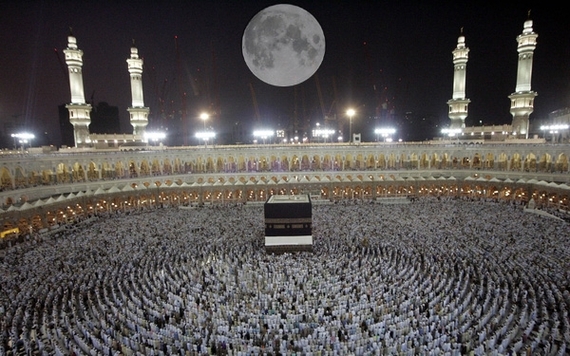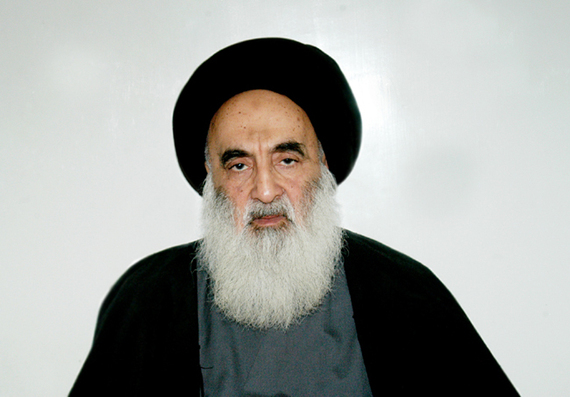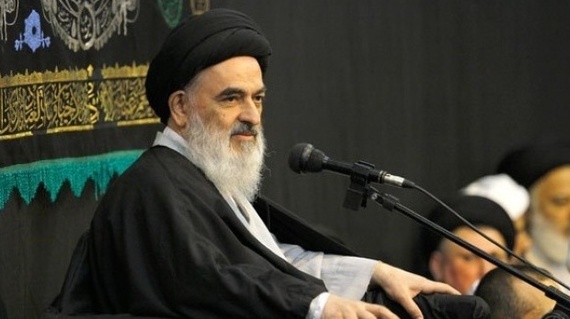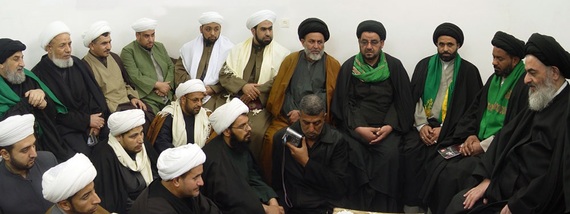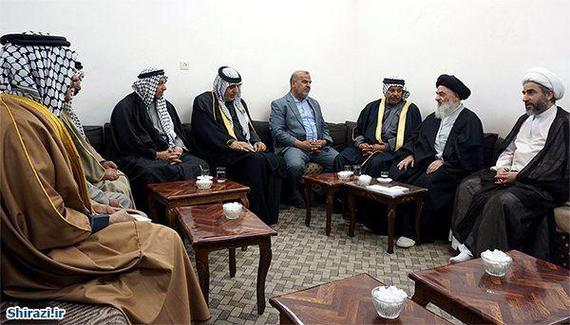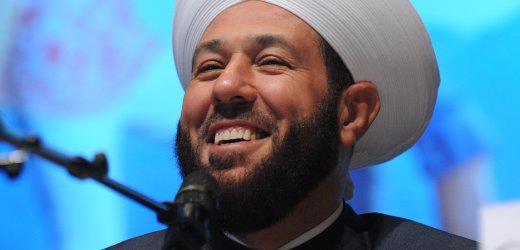Unity amongst Muslim sects is a topic that will never grow old. It is discussed on a daily basis by media outlets, television programs, online and in most Islamic organizations. The majority of Muslim Imams and preachers from various sects seek to establish unity among all Muslims, and despite governments funding such goals for the past three decades, unity among all Muslims has still not been established.
The reason for this is not because Muslims do not want to unite with one another, it is rather their misunderstanding of the term 'Islamic Unity' that has pushed them away from uniting with other sects.
Upon hearing 'Islamic Unity' some Muslims race to think that they would be compromising their beliefs for political benefits, and therefore refuse to accept the idea of unity among Muslims; whereby this is not the case.
The topic of Islamic unity is a world on its own with many fields that could be academically examined.
'Unity' is defined as, "The state of being in full agreement". The following is my opinion on the aspects of unity amongst Muslims:
Ideological Unity (Religious Unity):
The First Aspect:
From a strictly religious perspective, all faiths in Islam stem from a particular ideological understanding that is based on the visions and jurisprudential rulings deducted from sources each faith has chosen to refer to and consider authentic, and eventually base their religion upon. Each faith takes its knowledge from scholars it believes to be the most knowledgeable, and books they believe to be authentic.
Therefore, ideologically speaking, it is impossible to combine faiths that disagree with one another, and most importantly, view each other as people in need of guidance.
The Second Aspect:
The Muslim nation is one nation which has differences within. Being different is never a crime, neither religiously nor ethically. Therefore, the door of dialogue is open and our common beliefs and practices are the best opportunity to bridge between one another. Each Muslim denomination understands a certain event or sacred script in a specific way, as taught by their scholars and figures they consider sacred, and therefore it is not appropriate to abuse other Muslims due to their level and extent of understanding or due to the way they view certain matters. One must always respect the opinions of others and agree to disagree.
If bonding and uniting ideologically is impossible, Muslims should strive to find other areas that they are able to unite in.
Appropriate and Realistic Methods of Unity:
1. Political Unity
Political unity means that both parties have chosen to work together towards a common cause. It does not mean they all belong to the same party, but that they are willing to put aside their differences to accomplish the task at hand. This form of unity has been witnessed widely during the past few years where Muslims from around the globe, including their religious leaders, have united against ISIS and terrorism in the name of Islam. Thus, we find that Muslims are more than happy to come together and stand against political corruption in the name of Islam.
2. Economical Unity
Once Muslim scholars have realized that their affiliation to the principles of a particular faith does not affect their unity against terrorism and extreme ideologies in the name of Islam, then they will have created a solid basis for other forms of unity. Starting from that platform, they can begin discussions paving the way for the realization of the economical unity of all Muslims.
As we have witnessed in modern history, Muslims and Muslim governments do cooperate with one another to benefit each other's economies; and Muslim scholars - aside from politicians - should supplement the progress already made. If this second step is successful, then Muslims can reach higher forms of a political and economical unity, including common banks and markets.
3. Social Unity
In our era, the annual conferences of unity in Tehran play a big role in bonding between the different schools of thought within Islam on a social level. Such conferences become the basis for Muslim scholars from different faiths around the world to visit one another, and Muslim families to gather on occasions such as the Eid festival after the holy month of Ramadhan. It is safe to say that the narrow-mindedness and inflaming speeches of a minority of scholars in the past have caused non-Muslims - who once held respect for Islam - to become perturbed to see the current state of divisions within the Muslim communities.
Some scholars and public speakers - including myself - do get dragged into the waves of controversial topics concerning the revered figures of other Muslim faiths at a point in their lives; this is very common and has become normal in certain areas and countries which support freedom of speech and thought. Yes, as Muslims, we may look back into our history and view the political and religious differences that lead to wars and deaths of sacred figures we may revere. However, it takes a brave scholar to stand up and say, "I will never compromise my faith and what I believe in, and without doubt, we will differ ideologically, however our differences will be dealt with in a wise and peaceful manner and we will unite on our commonalities." - this is my personal experience.
In the long journey of 1450 years Shi'a men have married Sunni women. Our laws of jurisprudence and doctrine did not and will never prevent this.
It is indeed true that most Shi'a Muslims in the west graduate from Sunni Muslim schools, and are very likely to end up working with a Sunni throughout their careers.
We will always have different ideologies, but we all have only one life, one God, one Quran, and one direction which we pray towards.
Islam's top Figures Support Islamic Unity:
1. The Grand Ayatollah Sayid Ali Sistani
Ayatollah Sistani has been the spiritual father for many Muslims, both Shi'a and Sunni. His statements in this respect will never be forgotten: "There is no real difference between Shiite and Sunni beliefs, and I am the servant of all Iraqis [either Sunni or Shiite], I love everyone, and this religion [Islam] is the religion of love. There is no real difference between Shi'a and Sunni beliefs, and the difference simply is on legal (Fiqh) issues. Shiites should defend Sunnis' social and political rights before defending their own rights, and we call [everyone] for unity. As I have said before, Shiites should not call Sunnis their brethren, but their 'souls.'"
2. The Grand Ayatollah Sayid Sadiq Shirazi
Coming from a lineage of leaders, Islamic Authorities, Jurists and Ayatollahs, the Grand Ayatollah Shirazi reflects 150 years' worth of knowledge, protocols, etiquette and code of leadership. He has always portrayed a fatherly figure of himself, and his home and arms are open for all Muslims.
3. Grand Mufti Ahmad Badreddin Hassoun
Putting his political career aside, one can never forget the statement he made saying "I am Sunni in practice, Shiite in allegiance. My roots are Salafi, and my purity is Sufi.", and bridging between four faiths that differ with each other on just about everything in one simple sentence!
Sheikh Ahmad Badreddin Hassoun has made it a mission in his life to preach tolerance and dialogue between all Muslim faiths. He has appeared on many television programs engaging in respectful debates with extreme Muslims and striving to reform the culture that has prevented Muslims from gathering together and embracing each other with peace.
Our Current Duty:
In my humble opinion, our current duty as Muslims is not only to unite with one another on matters where unity is possible, but to also unite with humanity as a whole in matters which are common to us all. We are all the sons of Adam and Eve and are blessed with free will by the Grace of God. Our human entity is established when we exercise personal choice in life. We are human beings, not robots. We live our lives based upon God's satisfaction, not a life that is functioned by mechanism. Each one of us should come together as human beings and enjoy a gathering of peace and harmony; a gathering where we understand one another. To sum it all up, I quote the famous saying of Imam Ali Ibn Abi Taleb: "Man is either your brother in faith or your equal in humanity."

